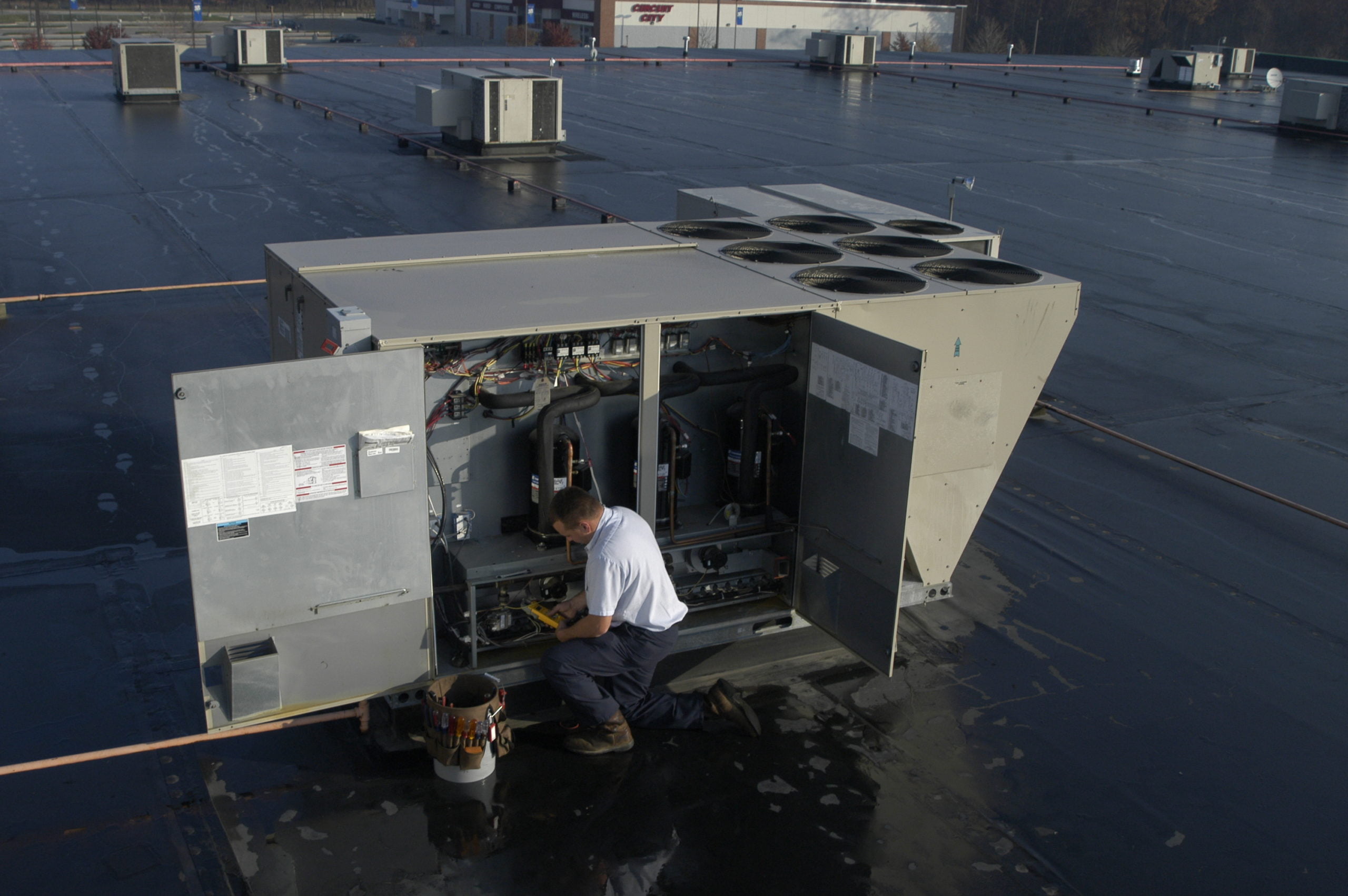Installing a new building automation system or upgrading your existing controls system can have a marked influence on your building’s value, for various reasons. If you are considering an upgrade but are undecided, then this list is for you!
1. Lowering Operational Costs
Upgrading your building management system can result in utility cost avoidance of up to 15% almost immediately. That’s just the start, however, as productivity improvements and other drivers typically deliver further substantial savings. In fact, you may be falling behind similar peer buildings that have kept up with technology and that regularly review and control operating sequences to keep their building running smartly. This lowers utility and other running costs thereby increasing profitability, which of course makes your building a more competitive prospect for future buyers.
2. Enhanced Security
Access control is now a must-have for many tenants. As security becomes paramount, new building management systems allow for integration of access controls to limit entry into various parts of the building, or to allow for cameras and other surveillance options without the additional cost for a separate security system. This also enables better control of building mechanical systems and lights, which can be turned off or on as occupants card-swipe into their spaces.
3. Lowering Operational Staffing Requirements
Buildings with up-to-date management systems and building automation methods require less human input in the management process. That means that you can reduce the number of non-essential staff required to run your facility, or outsource some of the work, and that, again, means more profit, cost avoidance, and better value for prospective buyers.
4. Lowering Maintenance Costs
If your building is running on an up-to-date building management system, then it is likely to be operating at peak efficiency and with minimal wear and tear on equipment and systems. That equates to less damage over time, and will decrease your maintenance and repair costs over time.
5. Better Productivity
Buildings that have better air quality and temperature control tend to have employees and work forces who are more productive and who take fewer sick days. If your commercial building houses your own business rather than tenants, then this can affect your bottom line now as well as future resale value. If your building is comfortable and offers a pleasant environment for tenants, then you are less likely to receive complaints. That translates into less time and money spent dealing with them, which also increases productivity. Since happy tenants are likely to be long-term tenants, comfort can make your building a more attractive investment option.
6. Allows for Future Improvements
Even if you do not plan to use the full potential functionality of a new building management system from the start, having the potential to add and integrate systems at a later stage is a valuable asset, and will certainly be a selling point for any building. Be sure to avoid manufacturers and installers that only provide a proprietary control system, by requesting an “Open Protocol” system and assure you can get alternative service and retrofit controls firms to upgrade and update your systems into the future.
7. Inherent Value
A new building management system has an inherent value on its own as well. Any investment you make in upgrading the infrastructure, HVAC and control systems in your commercial building is an investment, and will be added to your balance sheet as an asset. If you are considering upgrading and integrating new features into your building management system, and you do see it as an investment that will increase value in a planned or speculated resale, then it is worth talking to a professional to get the best ROI, and to insure you increase comfort, safety and security for your occupants. A company that specializes in retrofitting will be able to tell you which systems will offer the best balance of cost versus value, and give you the most bang for your buck.




